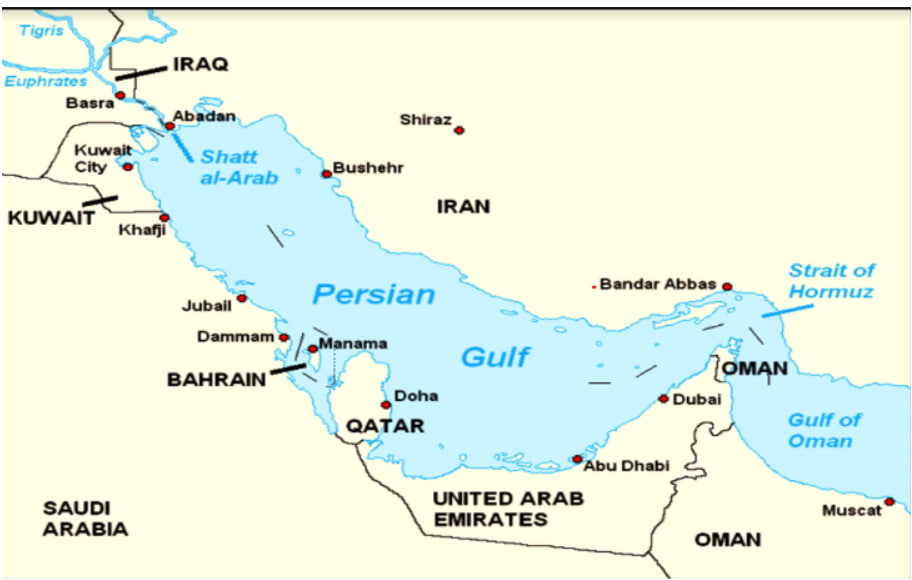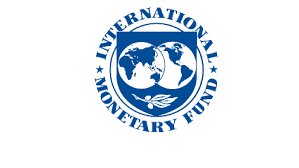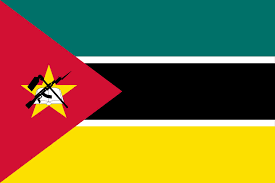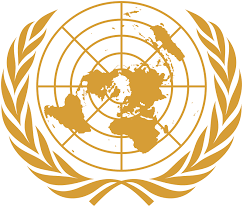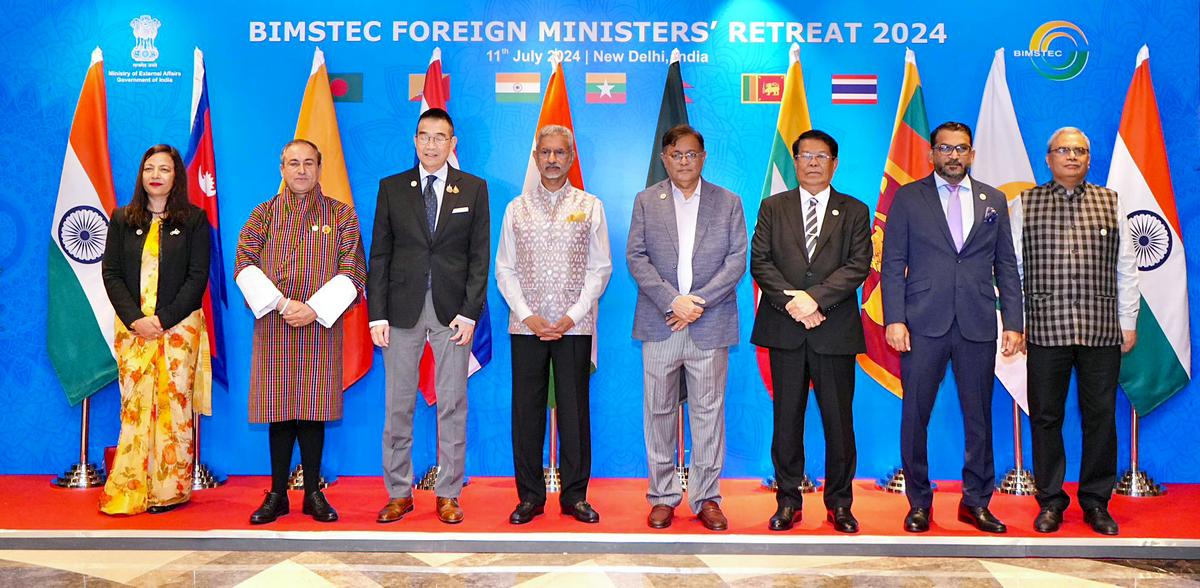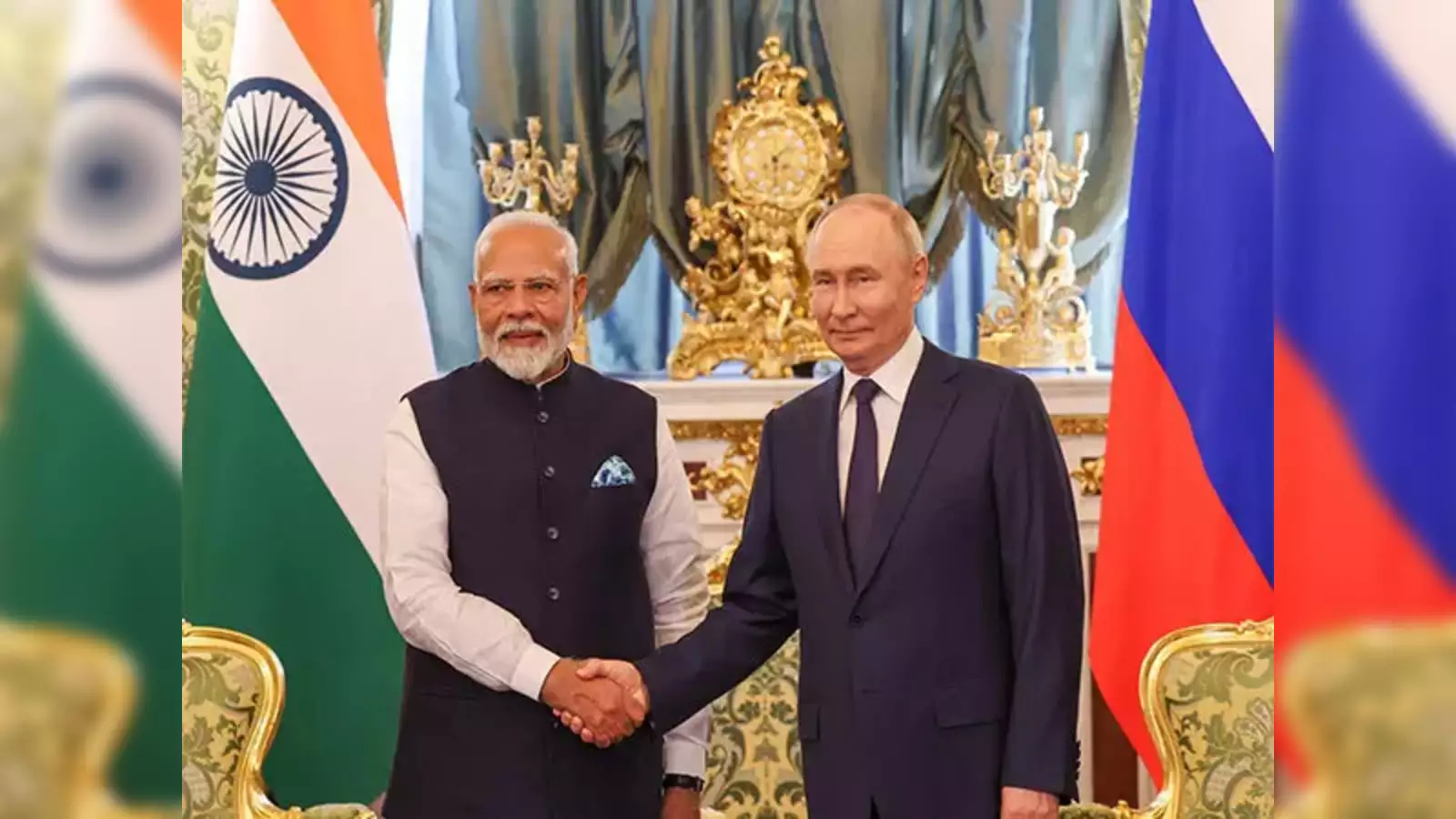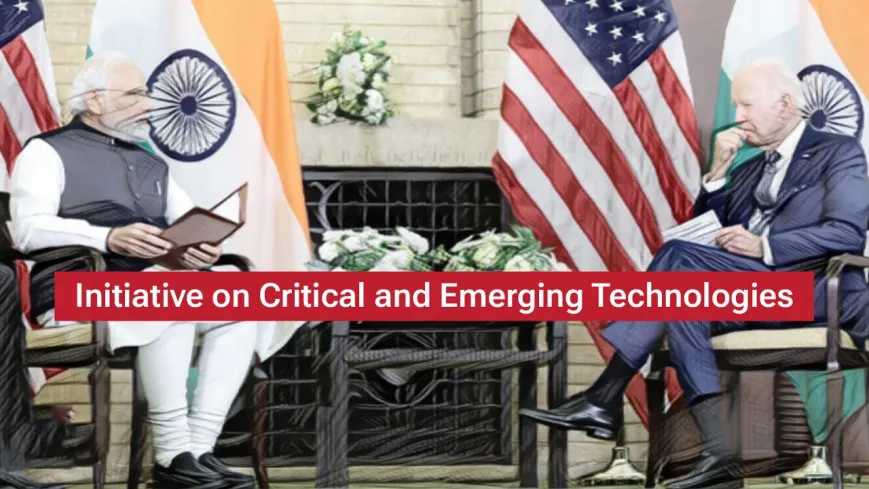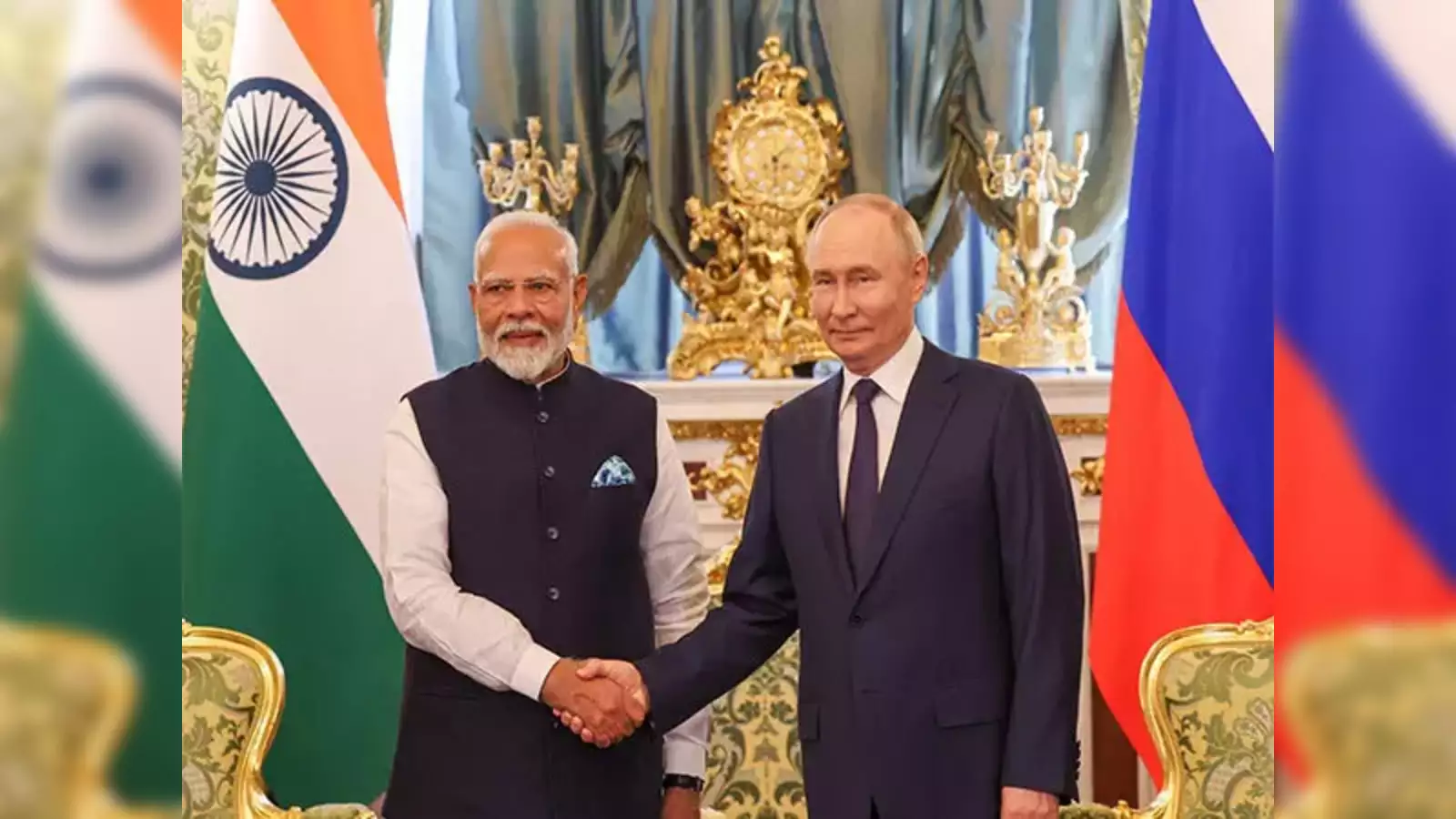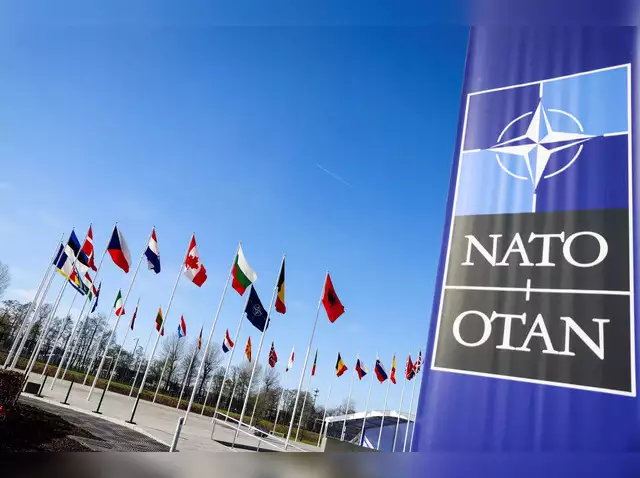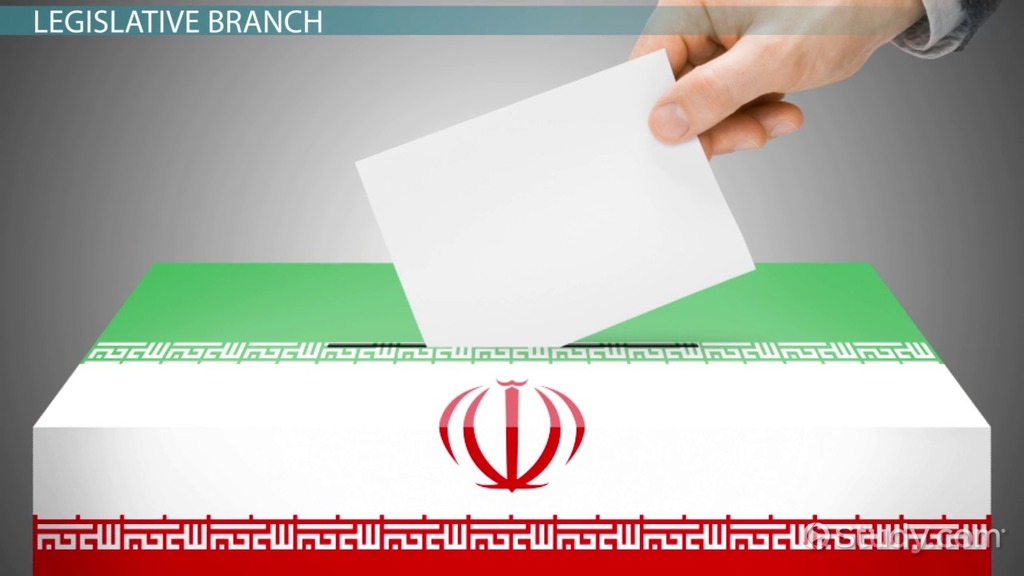The Hindu: Page 4
Syllabus: GS2: International Relations
Practice Question for Mains:
In an increasingly multipolar world, regional partnerships hold the key to global stability. In this context discuss the strategic importance of India Qatar relations and examine the challenges posed by the growing influence of external powers.
India-Qatar Relations
Historical Ties: India-Qatar has had strong bilateral relations with regular high-level visits and engagement.
- 1971: On 3rd September 1971 Qatar became independent and India was one of the first countries to recognise Qatar soon after its independence.
- 1973: Full diplomatic relations were established between the two nations.
- 2008: Former PM Manmohan Singh visited Qatar which proved to be a historic moment as the Qatar-India Defence Cooperation Agreement was signed.
- 2015: The Emir of Qatar Sheikh Tamim Bin Hamad Al Thani was on a State visit to India
- 2016: PM Narendra Modi visited Qatar. It was fruitful as it was visited after a long gap since 2008
- 2019: PM Narendra Modi and the Emir of Qatar met on the sideline of the United Nations General Assembly to discuss issues of mutual interests.
Areas of Cooperation
“Qatar is not just an important trading partner for India, but a trusted friend in the Gulf. Our shared commitment to progress and peace strengthens this partnership.”- Narendra Modi
Defence:
- India offers training slots to Qatar in Indian defence institutes.
- India participates in Qatar’s biennial Doha International Maritime Defence Exhibition and Conference (DIMDEX).
- Both navies hold the bilateral Maritime exercise Zair-Al-Bahr to strengthen cooperation and enhance interoperability.
- A Defence Cooperation Agreement was signed between both nations in 2008, extended until 2018, and is now due for renewal again.
Trade and commerce:
- In 2022-23, India’s bilateral trade with Qatar amounted to US$ 18.77 billion.
- India is one of the top 3 largest destinations for Qatari exports.
- Qatar is India’s largest supplier of LNG, accounting for over 48% of India’s LNG imports.
- According to the Qatar Chamber of Commerce and Industry (QCCI), more than 15,000 Indian companies operate in Qatar.
- Qatar’s exports to India include LNG, LPG, petrochemicals, and more.
- India’s exports to Qatar consist of vegetables, fruits, spices, iron, steel articles, and other products.
Culture:
- The regular cultural exchanges between India and Qatar culminated in the signing of the Agreement on Cultural Cooperation in 2012.
- India and Qatar celebrated 2019 as the "India-Qatar Year of Culture."
- The Indian community in Qatar has enthusiastically celebrated the "Azadi ka Amrit Mahotsav," which began on 26th March 2021.
- Qatar acknowledges the significance of India’s Ayurveda and has permitted its practice as an alternative medicine.
Indian Diaspora
- Over 8 lakh Indians are residing in Qatar. They are the largest expatriate community in Qatar, working in various sectors like education, medicine, banking etc.
India's Interest in Qatar: Evolving Dynamics in Today's Geopolitical World Order
India's growing interest in Qatar must be seen through various lenses like geostrategy, energy security, economic cooperation, and regional politics. The relationship between the two nations continues to deepen, with strategic and economic implications in the changing geopolitical order.
1. Geo-strategic Importance
- Gateway to the Gulf: Qatar is located in the Persian Gulf, a region of immense strategic importance. Given the complex geopolitics of the Gulf, including the rivalry between Saudi Arabia and Iran, India's positive relationship with Qatar provides a crucial gateway for diplomatic and economic engagement in the region.
- Stabilizing Influence: India’s growing presence in Qatar helps balance regional powers like China and Pakistan. Qatar's role in Middle Eastern diplomacy also gives India a strategic foothold in Gulf Cooperation Council (GCC) discussions, especially on sensitive issues like counterterrorism and regional security.
- Regional Power Balance: India's active participation in forums like DIMDEX and the joint defense exercises such as "Za’ir-Al-Bahr" signify India’s interest in enhancing its maritime security and regional presence.
2. Energy Security
- Vital LNG Supplier: Qatar remains the largest supplier of Liquefied Natural Gas (LNG) to India, accounting for over 48% of its LNG imports. This ensures a steady and reliable energy flow critical for India's growing energy demands.
- Diversification of Energy Sources: Amidst the global push towards renewable energy, Qatar’s potential future role in renewable energy investment offers India another avenue to collaborate on energy beyond hydrocarbons.
3. Economic Cooperation
- Trade and Investment: Bilateral trade between India and Qatar in 2022-23 was valued at USD 18.77 billion. With over 15,000 Indian companies operating in Qatar, India seeks further opportunities in sectors like IT, healthcare, and infrastructure.
- FDI and Infrastructure: Qatar's investments in Indian infrastructure projects, such as ports and airports, continue to grow, enhancing economic ties and contributing to India's vision of becoming a $5 trillion economy.
4. Security and Defense
- Military and Maritime Collaboration: Defense cooperation agreements and joint military exercises such as "Za’ir-Al-Bahr" highlight India's commitment to regional security and military interoperability with Qatar.
- Combating Terrorism: As part of its regional security interests, India collaborates with Qatar to counter terrorism, which also reflects shared concerns over the destabilizing role of extremist groups in the region.
5. Diaspora and Cultural Influence
- Indian Expatriate Community: Indians form the largest expatriate community in Qatar, and remittances play a crucial role in India’s economy. Maintaining the goodwill and safety of Indian workers is a significant aspect of India's foreign policy towards Qatar.
- Cultural Diplomacy: Initiatives like the “India-Qatar Year of Culture” in 2019, and the recognition of Indian Ayurveda in Qatar, signify strong cultural ties that enhance people-to-people connections.
Challenges in India-Qatar Relations:
- Energy Dependency: Qatar is India's largest LNG supplier, providing 48% of its imports. Any disruptions in supply due to geopolitical tensions or price fluctuations in the global market could impact India’s energy security.
- Geopolitical Tensions: The Qatar-Saudi rift, Iran-Qatar relations, and broader regional instability complicate India’s diplomatic balancing act in the Gulf, as India maintains ties with competing regional powers like Saudi Arabia, Iran, and Israel.
- Rising Chinese Influence: China’s growing role in Qatar through the Belt and Road Initiative and infrastructure investments challenges India’s economic and strategic interests, as both countries compete for influence.
- Labor Rights Issues: While over 750,000 Indians live and work in Qatar, concerns regarding labor rights, poor working conditions, and wage delays for expatriate workers remain significant issues. Ensuring the protection of Indian workers continues to be a sensitive challenge.
- Maritime and Regional Security: Ensuring maritime security in the Gulf is crucial for India’s energy imports. Any instability, including piracy or military conflicts, could threaten vital trade routes and energy supplies.
- Diplomatic Backlash: Qatar's court has sentenced eight former personnel of the Indian Navy to death in the Espionage Charges. It has been commuted now. This case represents the first major crisis in the India-Qatar relationship, which has generally been stable.
Way Forward
- Strengthening Diplomacy: India should employ quiet but deft diplomacy to resolve sensitive issues like the detention of Indian nationals. Utilizing defense and trade ties can provide leverage in negotiations.
- Diversifying Energy Partnerships: While maintaining strong energy ties with Qatar, India should explore additional partnerships to reduce over-reliance on one source, thus enhancing energy security resilience.
- Cultural and Soft Power Diplomacy: Continued cultural exchanges and soft diplomacy can help mitigate occasional diplomatic tensions and foster long-term goodwill between the two nations.
- Managing Regional Competition: India needs to counterbalance China’s growing influence in Qatar through deeper economic engagement and infrastructure projects, ensuring its strategic presence is sustained in the region.
- Expanding Trade and Investment: India should focus on expanding its trade ties, particularly in non-energy sectors like IT, construction, and services, to create a more diversified and balanced economic relationship.
About Qatar
- Geographical Location: Qatar is situated in Western Asia, occupying the Qatar Peninsula along the northeastern coast of the Arabian Peninsula.
- Land Border: Qatar shares its only land border with Saudi Arabia to the south.
- Maritime Borders: The Gulf of Bahrain, an inlet of the Persian Gulf, separates Qatar from Bahrain to the west.
- Capital: Doha is the capital city and is home to over 80% of the country's population, serving as the political and economic hub.
- Economic Status: Qatar is classified as a high-income economy, largely due to its abundant natural gas and oil reserves.
- Energy Reserves: The country holds the world’s third-largest reserves of natural gas, which plays a crucial role in its economic strength.
